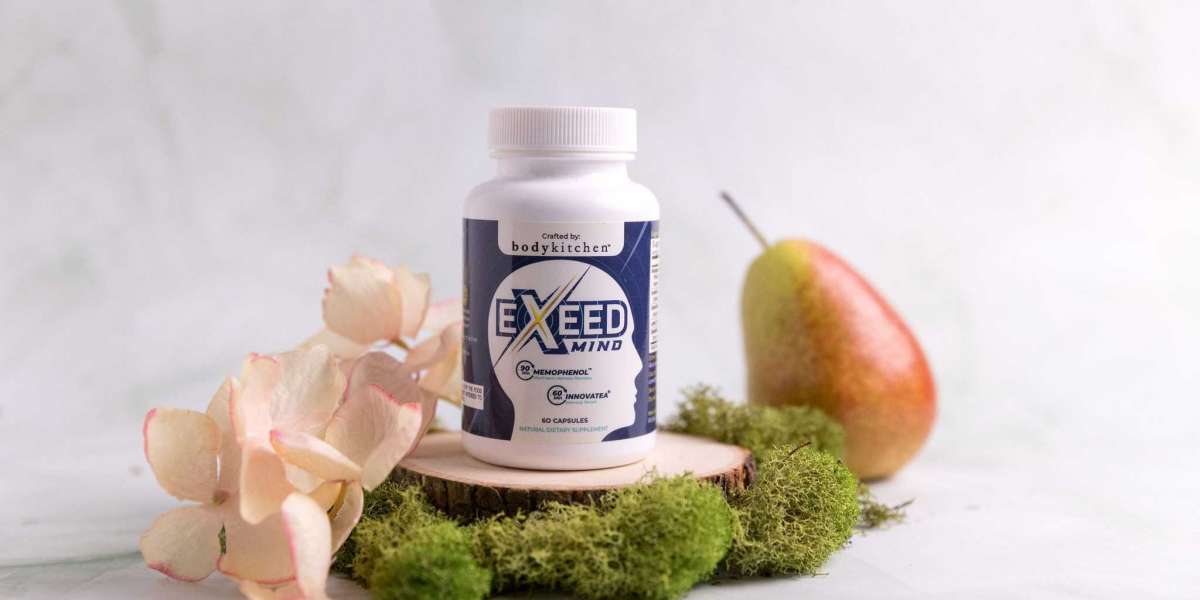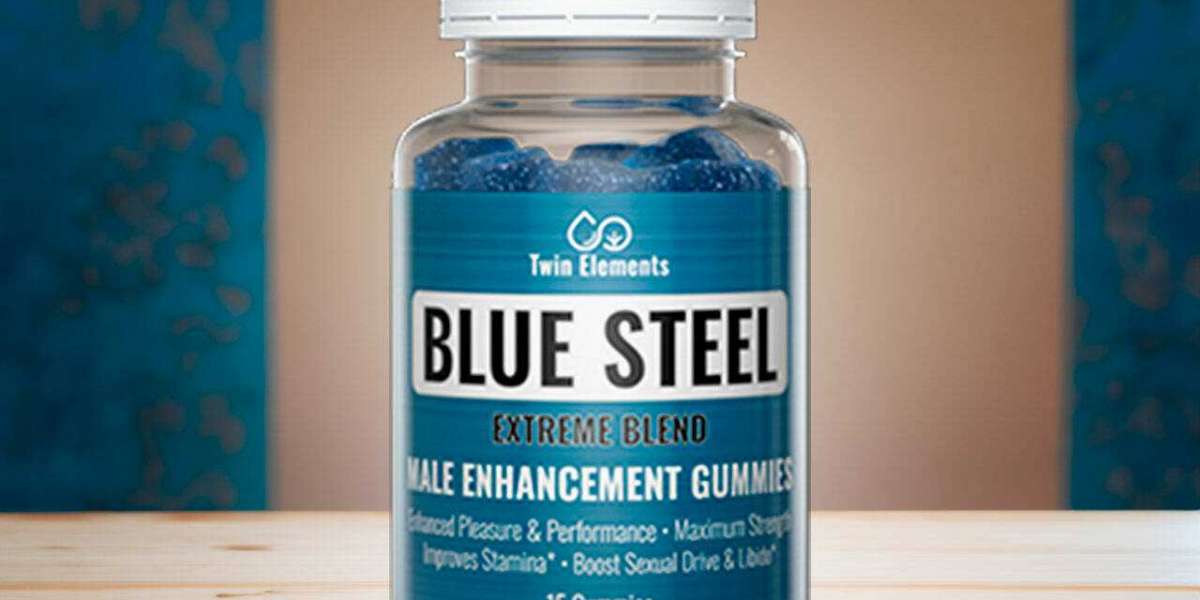Introduction
When it comes to skin health and elasticity, collagen often steals the spotlight. However, elastin is just as important in maintaining youthful, resilient skin. As we age, our body's natural elastin production declines, leading to sagging skin, fine lines, and wrinkles. This has led to increased interest in elastin supplements, which claim to restore skin elasticity, promote a youthful appearance, and improve overall tissue health. But do these supplements work? Let’s explore the science, benefits, sources, and effectiveness of elastin supplements.
What is Elastin?
Elastin is a key structural protein found in the extracellular matrix of connective tissues. It provides elasticity and resilience to the skin, arteries, lungs, and other organs that require flexibility. Unlike collagen, which provides strength and structure, elastin allows tissues to stretch and return to their original shape. This ability is particularly important for maintaining youthful and firm skin.
Why Do We Lose Elastin?
Elastin production is at its peak during early childhood and gradually declines with age. By the time we reach our 40s, our body produces very little elastin, leading to visible signs of aging such as:
- Sagging skin
- Wrinkles and fine lines
- Loss of skin elasticity
- Weakened arterial walls
Several factors contribute to elastin degradation, including:
- Aging: The natural decline in elastin synthesis over time.
- UV Exposure: Sun damage accelerates elastin breakdown through oxidative stress.
- Poor Diet: Lack of essential nutrients like vitamin C and protein can impair elastin production.
- Smoking: Tobacco smoke releases free radicals that damage elastin fibers.
- Environmental Toxins: Pollution and toxins can contribute to oxidative stress, breaking down elastin.
What Are Elastin Supplements?
Elastin supplements are dietary products designed to support skin elasticity, improve tissue health, and combat aging signs. These supplements typically contain hydrolyzed elastin (broken-down elastin proteins for better absorption) derived from marine or animal sources. They often come in various forms, such as:
- Capsules or tablets
- Powders
- Liquid extracts
Key Benefits of Elastin Supplements
While research on elastin supplementation is still emerging, some studies and anecdotal evidence suggest the following benefits:
- Improved Skin Elasticity and Firmness
Elastin supplements may help restore skin flexibility, making it more resistant to sagging and wrinkles. A combination of elastin and collagen peptides has been shown to enhance overall skin texture.
- Hydration and Moisture Retention
Some elastin-rich supplements are formulated with hyaluronic acid, which helps retain moisture in the skin, leading to a plumper, healthier appearance.
- Support for Connective Tissue and Joints
Since elastin is a component of ligaments and arteries, supplementation may aid in maintaining joint flexibility and cardiovascular health.
- Antioxidant and Anti-Aging Effects
Many elastin supplements contain additional antioxidants such as vitamin C, which helps prevent oxidative damage and supports the body's natural production of elastin.
Natural Sources of Elastin
Before turning to supplements, you can boost your elastin levels through a diet rich in elastin-promoting nutrients:
- Bone broth: A natural source of collagen and elastin-supporting amino acids.
- Fish skin: Rich in marine elastin peptides.
- Eggs: Provide proteins that support elastin production.
- Leafy greens: High in antioxidants and vitamin C, essential for elastin synthesis.
- Citrus fruits: Contain vitamin C, which plays a role in collagen and elastin formation.
- Seeds and nuts: Offer zinc and other minerals that support skin health.
Do Elastin Supplements Really Work?
Unlike collagen, which has been extensively studied, research on elastin supplements is limited. Some studies suggest that hydrolyzed elastin peptides can improve skin elasticity and hydration, but more research is needed to confirm long-term benefits. Most dermatologists recommend a holistic approach, including a healthy diet, sun protection, and proper skincare, alongside supplements for optimal skin health.
How to Choose the Best Elastin Supplement
If you decide to try an elastin supplement, look for these key factors:
- Hydrolyzed Elastin Peptides: Easier for the body to absorb.
- Combination Formulas: Supplements that include collagen, vitamin C, and hyaluronic acid may enhance results.
- Reputable Brand: Choose supplements from trusted manufacturers with third-party testing.
- No Harmful Additives: Avoid products with artificial fillers, preservatives, or excessive sugars.
Potential Side Effects and Considerations
While elastin supplements are generally safe, some individuals may experience mild digestive discomfort or allergic reactions (especially with marine-derived elastin). Pregnant or breastfeeding women and individuals with medical conditions should consult a healthcare professional before using supplements.
Conclusion
Elastin is a crucial protein for maintaining youthful, resilient skin and healthy connective tissues. While natural elastin production declines with age, supplements may offer some benefits in improving skin elasticity and hydration. However, more research is needed to confirm their full effectiveness. If you’re considering elastin supplements, focus on a comprehensive approach by incorporating a nutrient-rich diet, proper skincare, and healthy lifestyle choices for the best results.
By understanding elastin’s role and making informed choices, you can better support your skin’s elasticity and overall health for years to come.







